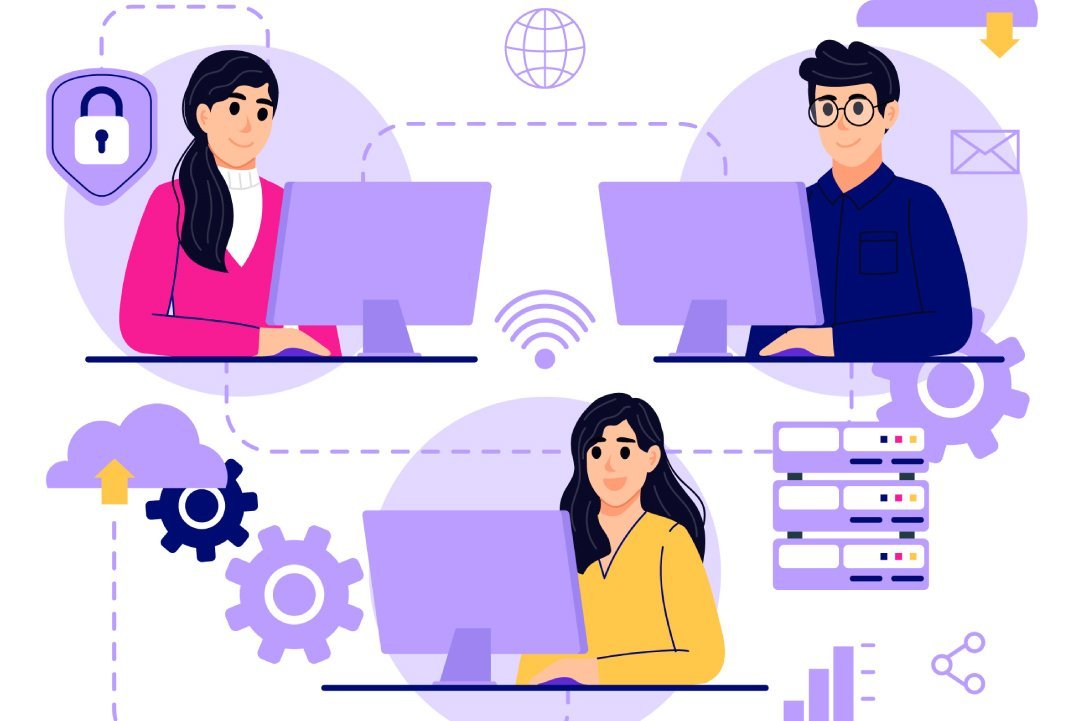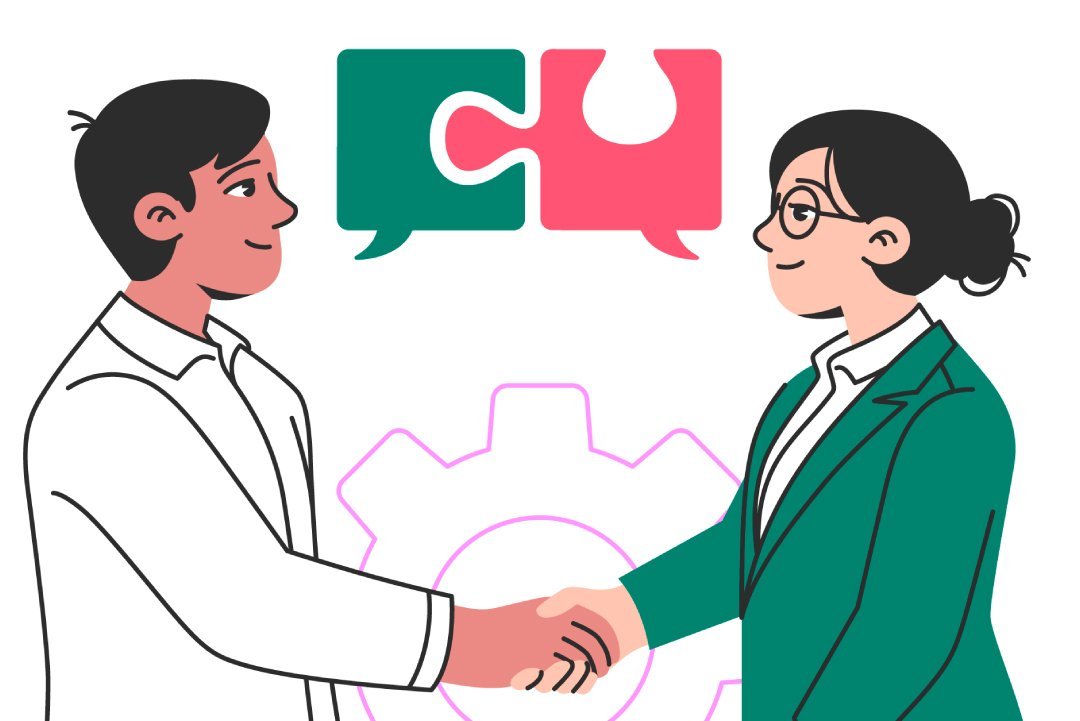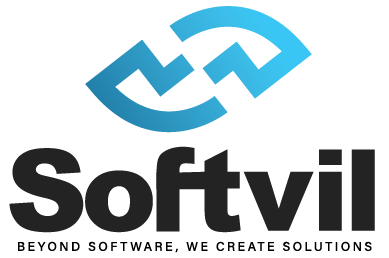Introduction
In 2025, operating lean is more than a philosophy—it’s a competitive advantage. The high cost of custom software development, licensing, and ongoing maintenance can cripple a small business. That’s why cost-effective software solutions are not just attractive—they’re necessary.
White-label SaaS provides unparalleled value:
- Lower upfront costs: Businesses can start using the platform through subscription or one-time license fees, avoiding high initial development costs.
- Reduced maintenance: The software provider handles updates, bug fixes, and compliance, saving companies time and resources.
- Fewer personnel needs: There’s no need for a large IT or dev team, which reduces HR costs.
- Scalability: Businesses pay only for what they need and can upgrade as they grow.
These benefits free up capital for other strategic investments such as marketing, hiring, or expanding product lines—critical growth areas for both startups and SMEs.
Considerations Before Choosing a White-Label SaaS Provider

While the benefits are compelling, selecting the right provider is crucial. Here are some things to consider:
- Customization capabilities: Ensure the platform allows you to fully align with your brand and customer expectations.
- Scalability and performance: Check if the solution can grow with your business without compromising speed or quality.
- Security and compliance: Look for data encryption, GDPR compliance, and other security measures.
- Support and training: Opt for providers that offer robust customer service, onboarding, and documentation.
- Integration options: Choose a platform that integrates well with your existing tools like CRMs, ERPs, or third-party APIs.
By carefully vetting vendors, startups and SMEs can maximize the return on their investment in white-label SaaS.
Legal Foundations of White-Label SaaS: What Startups and SMEs Must Know

As white-label SaaS continues to power innovation and SME digital transformation, legal clarity around white-label agreements is more important than ever. These contracts define the relationship between the software provider and the reseller, outlining who owns the product, how it can be used, and what happens if things go wrong. For startups and SMEs adopting white-label software 2025, it’s critical to ensure that the agreement includes essential elements such as intellectual property rights, confidentiality clauses, and clearly defined scopes of use. Intellectual property usually remains with the original developer, while the reseller gains a license to customize and market the software under their own branding.
Another core area in white-label agreements is liability. These clauses spell out who is responsible for what—whether it’s service downtime, data breaches, or customer complaints. Indemnity clauses are often included to protect both parties in case of legal disputes. The agreement should also contain clear termination terms, giving each party a safe exit route if needed. In the fast-paced environment where SaaS solutions for startups operate, the ability to end a contract without unexpected penalties or complications is vital.
Beyond legal protections, these agreements should enable business agility. Best practices include specifying the extent of branding and customization allowed, particularly for resellers aiming to deliver unique customer experiences. Branding flexibility is one of the major benefits of white-label SaaS, but it must be documented properly to prevent future misunderstandings. Agreements should also define quality assurance standards, such as the provider’s obligations for software updates, bug fixes, and performance guarantees. These assurances are particularly important when the reseller lacks technical resources and relies heavily on the vendor’s support.
Finally, a well-drafted white-label agreement should include provisions for compliance with data protection laws (like GDPR or HIPAA), marketing guidelines, and integration capabilities. It should empower the reseller to focus on business growth while the provider handles backend functionality. As more startups and SMEs turn to cost-effective software solutions for scalability, robust and transparent white-label agreements become essential to build trust, reduce risk, and ensure long-term success.
The Future of White-Label SaaS: Beyond 2025

Looking beyond this year, the future of white-label SaaS appears even more promising. Advancements in low-code and no-code development, AI-driven customization, and embedded analytics will further streamline the way businesses operate. We can expect:
- Hyper-personalized user experiences
- Voice-enabled interfaces and chatbots
- Global compliance-as-a-service features
- Deeper vertical integration
These innovations will make SaaS solutions for startups and SMEs even more accessible, flexible, and valuable in years to come.
Softvil Technologies: A Trusted Partner in White-Label Software Development

As demand for white-label SaaS solutions continues to rise, having a reliable development partner is essential. One company at the forefront of this movement is Softvil Technologies, known for its deep expertise in crafting scalable, customizable, and secure white-label software across multiple industries.
With years of experience supporting SME digital transformation and startup scalability, Softvil specializes in:
- Tailored SaaS Development: Softvil builds fully branded, turnkey SaaS products that can be launched and rebranded by clients across e-commerce, healthcare, fintech, and logistics sectors.
- Modular Architecture: Their platforms are built with a modular approach, allowing clients to choose specific features and functionalities that best suit their market niche.
- API-Ready Integration: Recognizing the importance of ecosystem connectivity in 2025, Softvil ensures seamless integration with CRMs, ERPs, payment gateways, and third-party apps.
- Security and Compliance: With rigorous attention to global standards like GDPR and HIPAA, Softvil embeds data protection and privacy into every layer of its white-label products.
- Support and Scalability: From product design to post-launch support, Softvil provides end-to-end service, ensuring startups and SMEs can scale their solutions without interruption.
Whether you’re a startup seeking SaaS solutions for startups or an SME looking for cost-effective software solutions to enhance operational efficiency, Softvil’s robust and flexible development frameworks are built to deliver. The company’s commitment to innovation and quality has made it a go-to provider for clients seeking reliable and future-ready white-label software 2025.
Conclusion
As we reach the midpoint of the decade, it’s clear that white-label SaaS is no longer just a convenient option—it’s a strategic imperative for startups and SMEs looking to thrive in an increasingly digital world. By leveraging cost-effective software solutions, companies can innovate faster, reduce risk, and deliver high-quality experiences to their customers.
The ongoing rise of white-label software 2025 is reshaping what it means to be a “tech-enabled” business. And for those committed to SME digital transformation, the journey has never been more achievable, affordable, or impactful.
FAQs
White-label SaaS refers to a software product developed by one company but rebranded and sold by another as their own. It allows businesses to offer ready-made software solutions without developing them from scratch.
They provide cost-effective software solutions, reduce time to market, and allow startups and SMEs to focus on customer acquisition and branding rather than software development.
Yes. A white-label agreement outlines important legal terms such as intellectual property, branding rights, liability, and termination clauses, protecting both the provider and the reseller.
Absolutely. Most white-label software 2025 platforms are built to be easily customized in terms of branding, features, and user interface to align with your business identity.
Softvil offers scalable, secure, and API-ready SaaS solutions for startups and SMEs. With strong expertise in white-label SaaS development, they ensure rapid deployment and tailored support for business growth.
About Softvil
Softvil Technologies is a leading software development company specializing in delivering robust, scalable, and fully customizable white-label SaaS solutions. With a strong track record of empowering startups and SMEs, Softvil combines technical excellence with deep domain expertise to create ready-to-market products that clients can rebrand and launch as their own. From SaaS platforms to mobile applications, our solutions are designed with flexibility, speed, and security in mind—helping businesses drive digital growth through cost-effective software solutions tailored to their unique brand identity.

